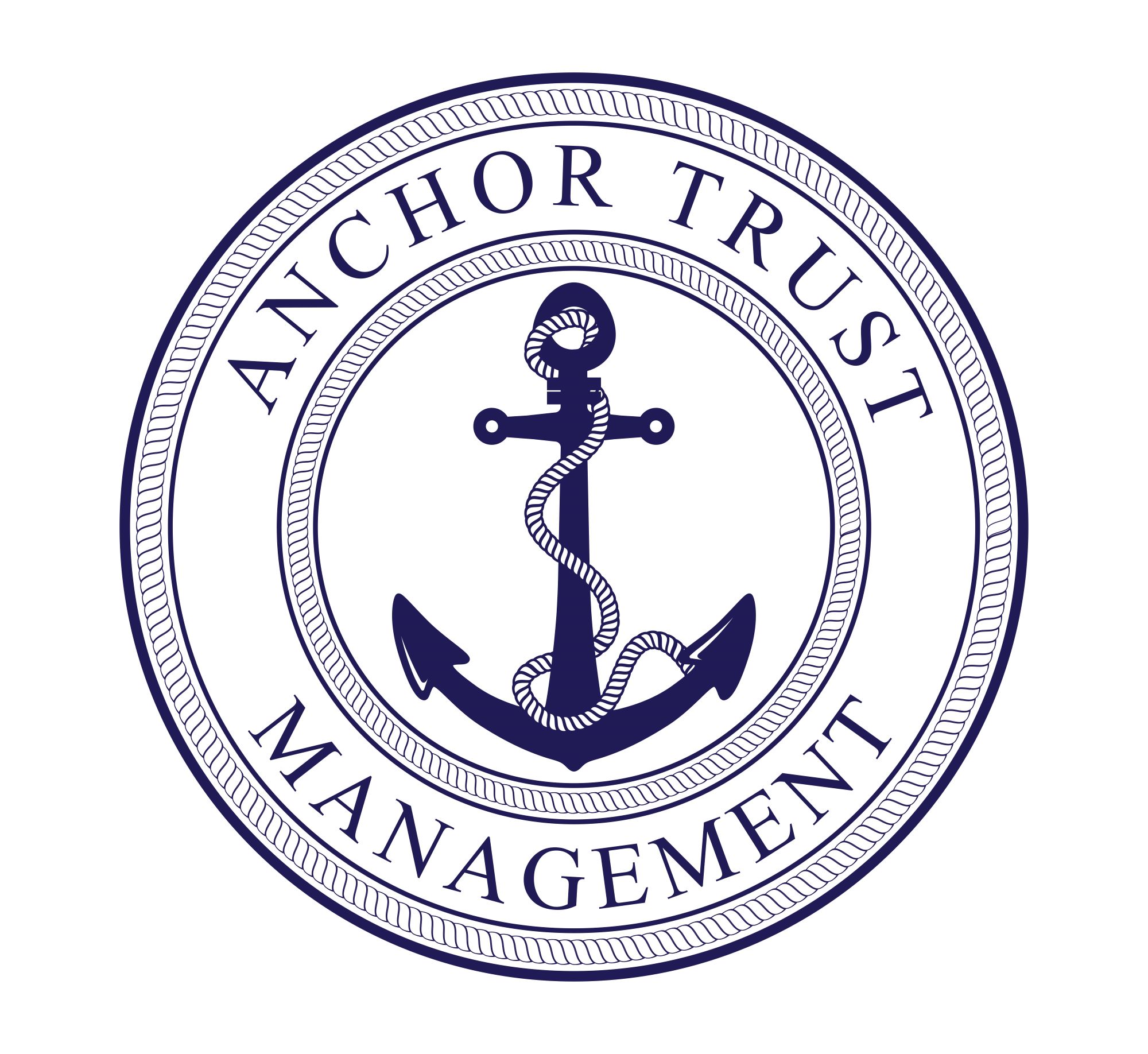When an individual passes away, a valuation of their estate assets must be created. There are many steps to closing a decedent’s estate, including filing final taxes, distributing inheritance to heirs, and honoring wishes for legacy giving. However, sometimes assets are difficult to find. We’ll walk you through the process of finding information on non-traditional assets – plus what to do if assets disappear in a suspicious manner.
How To Locate Hidden Assets
An asset may be “hidden” for a number of reasons. Firstly, many individuals pass away without a will. This means it’s very likely that they haven’t listed proper documentation for their assets and how to access them. Many people are also very private about their finances. If an individual did have an estate plan, it’s possible that they passed away without updating their full list of assets. They may also have had a health condition that affected their memory.
You’ll need to be the personal representative of the estate in order to manage the process of asset discovery. An individual is either designated with this responsibility through an estate plan, or by the local court if there was no estate plan in place. In nearly all cases, you’re also legally required to work with an estate attorney.
Even if your loved one did not have a will or trust in place, some of their assets may be located pretty easily. For example, they may have discussed their retirement or life insurance plan with you. However, there are plenty of assets that are often not immediately considered, and it may be a complicated process to track them down. As the personal representative you have a fiduciary duty to create an accurate valuation of the estate and distribute it properly to heirs. Diligence in this matter is critically important.
Types of Hidden Assets
Hidden assets include any asset where information is not readily available upon a decedent’s passing. For example, hidden assets may include stocks or loans. Here are some assets that beneficiaries may not immediately think of:
- Property: The decedent may have owned property beyond their home or primary means of transportation, like leisure vehicles or vacation rentals. Titles and documentation will need to be located in order to ensure proper distribution to heirs.
- Gambling Winnings: Whether your loved one played the slots or online games, any gambling winnings are considered part of their estate. These funds can be tough to locate, as they’re sometimes held by the casino or software developer prior to distribution. In addition to the estate, gambling winnings must be included in your loved one’s final tax return.
- Cryptocurrency: This digital currency isn’t quite mainstream yet, but there are still millions of people who use it. Because they’re decentralized and highly private by design, cryptocurrency assets can be challenging to find.
Are Assets Hidden, or Missing?
Unfortunately, sometimes assets also “disappear.” This may include family mementos like photo albums, artwork, or furniture. You may be an heir who was promised an asset by your loved one, only to find out the title is now assigned to someone else. A leisure vehicle or even a home may be immediately sold after the decedent’s passing, without anyone being consulted on the sale.
It can be devastating to think that a trusted relative would do something so terrible, but these cases happen far too often. An estate attorney with litigation experience can help you analyze the validity of the will and the true state of your loved one’s assets at the time of their passing.
Creating a full and accurate estate valuation is a foundational step in the probate process. Our team will work diligently with you to discover hidden assets and ensure your loved one’s estate is closed with efficiency and care.


